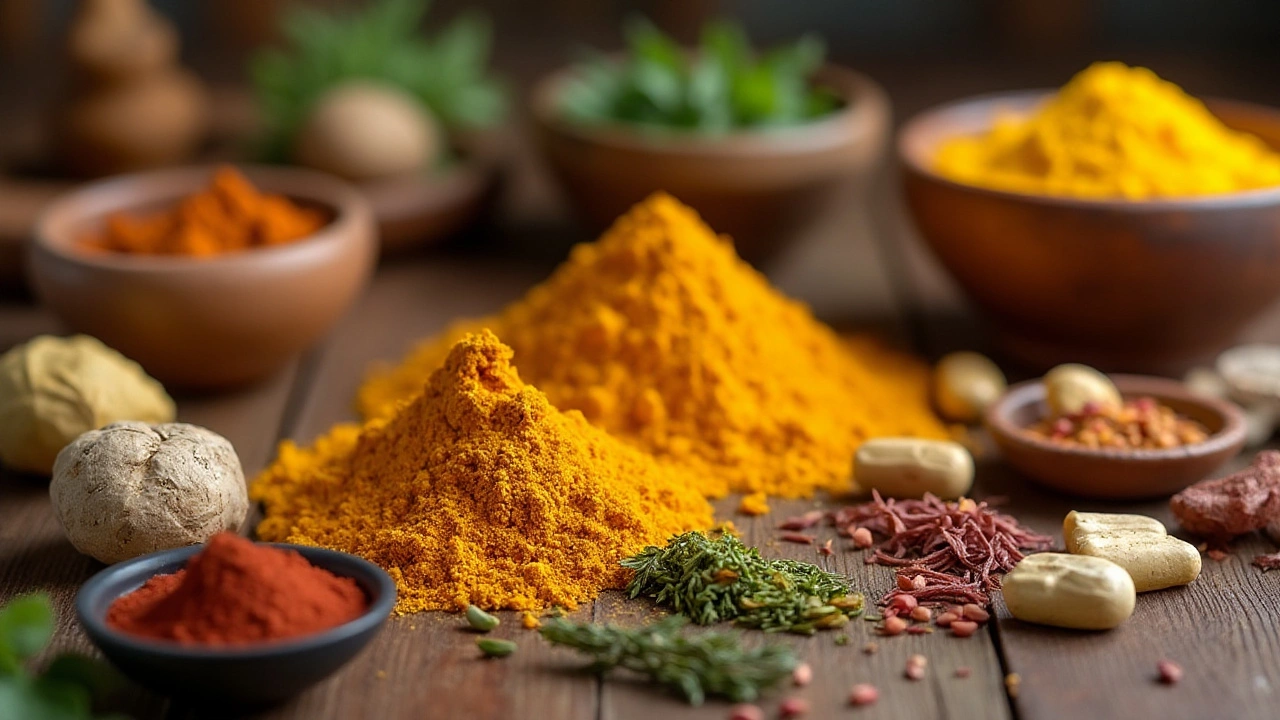Liver Health Guide – Simple Tips, Herbs & Lifestyle Hacks
The liver does most of the heavy lifting in your body – it cleans blood, stores energy, and helps digest food. When it’s happy, you feel better, and when it’s stressed, fatigue, bloating, or skin issues show up. Below are easy actions you can start today to give your liver the break it deserves.
Everyday habits to protect your liver
First, watch the booze. One glass of wine or a small beer a day usually won’t hurt, but binge drinking ramps up inflammation fast. If you’re not sure how much is safe, aim for no more than 14 units a week and spread them out.
Stay hydrated. Water helps the liver flush toxins, so sip at least 2 liters a day. Adding a squeeze of lemon can boost flavor without extra sugar.
Eat a balanced plate. Load up on veggies, especially leafy greens, cruciferous veggies like broccoli, and fiber‑rich fruits. These foods supply antioxidants that protect liver cells.
Keep your weight in check. Extra belly fat is linked to fatty liver disease. Even a 5‑10% weight loss can reverse early liver damage, so aim for steady, moderate exercise – a brisk walk or cycling for 30 minutes most days works.
Limit processed snacks and sugary drinks. Fructose in sodas and hidden sugars in sauces can overload the liver’s ability to process carbohydrates, leading to fat buildup.
Regular check‑ups matter. Simple blood tests can spot rising liver enzymes before you feel anything. Talk to your doctor about testing if you have risk factors like diabetes, high cholesterol, or a family history of liver disease.
Herbal allies for liver repair
When it comes to herbs, a few have solid backing and are easy to add to daily life. Milk thistle (silymarin) is the most studied; it acts as an antioxidant and helps liver cells regenerate. A typical dose is 150 mg twice a day, but check the label for the exact concentration.
Dandelion root works as a gentle diuretic and may improve bile flow, which assists digestion. You can brew it as tea or find it in capsule form – about 500 mg three times a day is common.
Turmeric’s active compound curcumin reduces inflammation. Pairing 500 mg of curcumin with a pinch of black pepper boosts absorption. Adding the spice to meals or taking a supplement can support liver health.
Artichoke leaf extract promotes bile production and helps lower bad cholesterol. Studies suggest 300‑500 mg daily can be effective.
Remember, herbs complement a healthy lifestyle; they don’t replace medical treatment. If you’re on medication, ask your doctor before starting any supplement, as some herbs can interact with blood thinners or diabetes drugs.
Putting these habits and herbs together creates a simple, daily routine: drink water, eat greens, move a little, limit alcohol, and consider one of the safe herbs that fits your taste. Over time, you’ll notice more energy, smoother digestion, and fewer nagging aches.
Your liver doesn’t need a fancy plan – just consistent, sensible choices. Start with one habit today and build from there. Your body will thank you.






